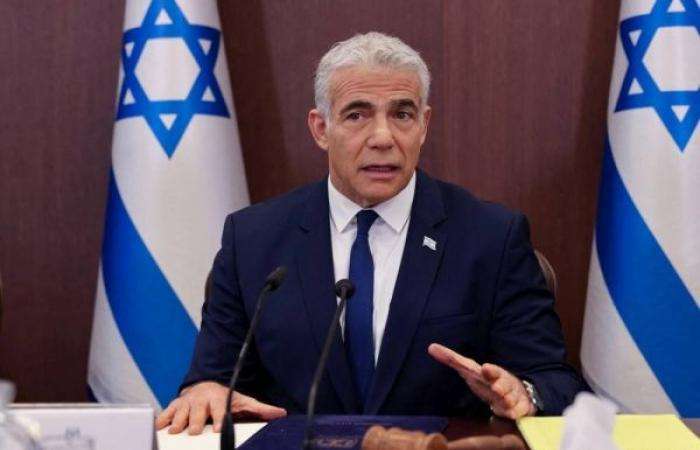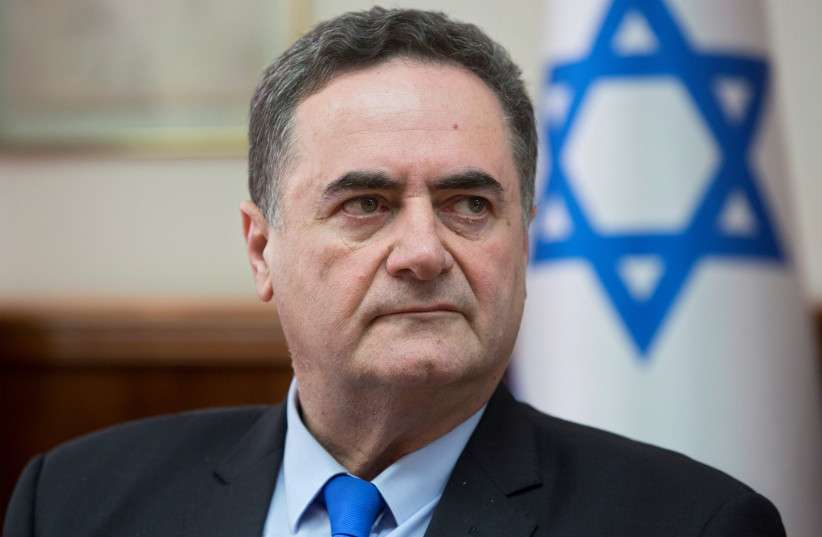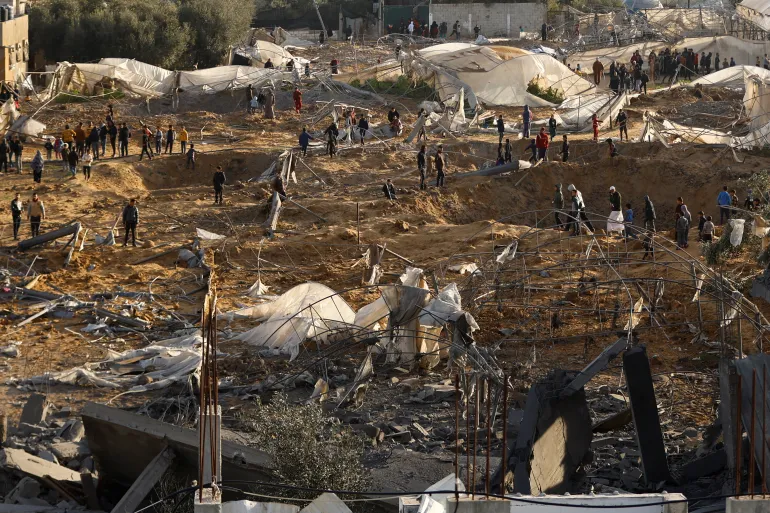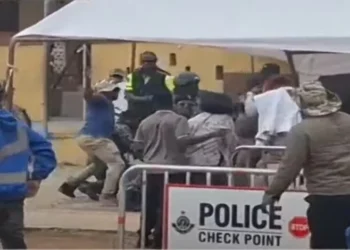Israel’s proposal to establish a so-called “humanitarian city” in Rafah is drawing increasing criticism, with skeptics questioning both its intent and potential impact on the Gaza strip.
Critics condemned the plan as a cynical attempt to mask displacement and suffering under the guise of aid.
Israeli opposition leader, Yair Lapid said that it would amount to a “concentration camp” if Palestinians there are not allowed to leave.

Lapid stressed that Israel’s plans to concentrate a significant percentage of the population of Gaza in Rafah is “a bad idea from every possible perspective – security, political, economic, logistical.”
“The [Israeli army] of course opposes it loudly; there is nothing good in it except an attempt to create a process that will ultimately leave Israel in Gaza out of no choice.”
Yair Lapid
Israel’s former Prime Minister, Ehud Olmert also stated that the so-called “humanitarian city” that the Israeli government wants to build on the ruins of Rafah would be a concentration camp.“It is a concentration camp. I am sorry,” he told a news agency.
“If they [Palestinians] will be deported into the new ‘humanitarian city’, then you can say that this is part of an ethnic cleansing. It hasn’t yet happened.
“When they build a camp where they [plan to] ‘clean’ more than half of Gaza, then the inevitable understanding of the strategy of this [is that] it is not to save [Palestinians]. It is to deport them, to push them and to throw them away. There is no other understanding that I have, at least.”
Ehud Olmert
Last week, Israel’s Defence Minister, Israel Katz, announced that an initial 600,000 Palestinians living in the coastal al-Mawasi area would be transferred to Rafah, the location for what he called a new “humanitarian city” for Palestinians, within 60 days of any agreed ceasefire deal.

According to Katz, the entire civilian population of Gaza – more than 2 million people – will eventually be relocated to this southern city.
For now, Rafah, which was once home to an estimated 275,000 people, lies largely in ruins.
Ceasefire Stalls
Meanwhile, a US-backed proposal for a 60-day ceasefire remains bogged down in disagreements as Hamas and Israel blame each other for delays.
Hamas and the Palestinian Islamic Jihad (PIJ) say that any talks with Israel must result in a complete end to the war on Gaza, a full Israeli withdrawal from the territory and the reopening of border crossings for humanitarian aid.
In remarks shortly after Benjamin Netanyahu placed blame on Hamas, claiming the group rejected the US proposal for a ceasefire, families of Israeli captives held in Gaza accused the Israeli Prime Minister of once again trying to create a “false impression” that reaching a comprehensive ceasefire agreement is impossible.
They say that the government has “failed time and time again” in securing the return of captives due to “narrow political interests.”
“Over 80 percent of the people want an agreement that will bring an end to the fighting and the return of all the hostages.
“Whoever sabotages such an agreement is acting maliciously against the will of the people of Israel for the sake of political survival.”
Families of Israeli captives
Netanyahu claimed that he accepted US envoy Steve Witkoff’s proposal for a truce and exchange agreement, but Hamas rejected it.

Netanyahu added that Hamas seeks to remain in Gaza in order to rearm itself and attack Israel again.
“I will not accept that. I will do everything to bring our kidnapped citizens home and eliminate Hamas.”
Benjamin Netanyahu
Netanyahu dismissed Israeli polls that show a majority of Israelis want a deal, and emphasised that the goals of the war in Gaza will not change.
Nonetheless, US President, Donald Trump has expressed optimism about the possibility of a ceasefire between Israel and Hamas in the coming days. “We are talking, and hopefully, we’re going to get that straightened out over the next week,” Trump told reporters at Joint Base Andrews, a military base in Maryland outside Washington.
READ ALSO: Calls Grow For Ghana’s By-Election Overhaul




















